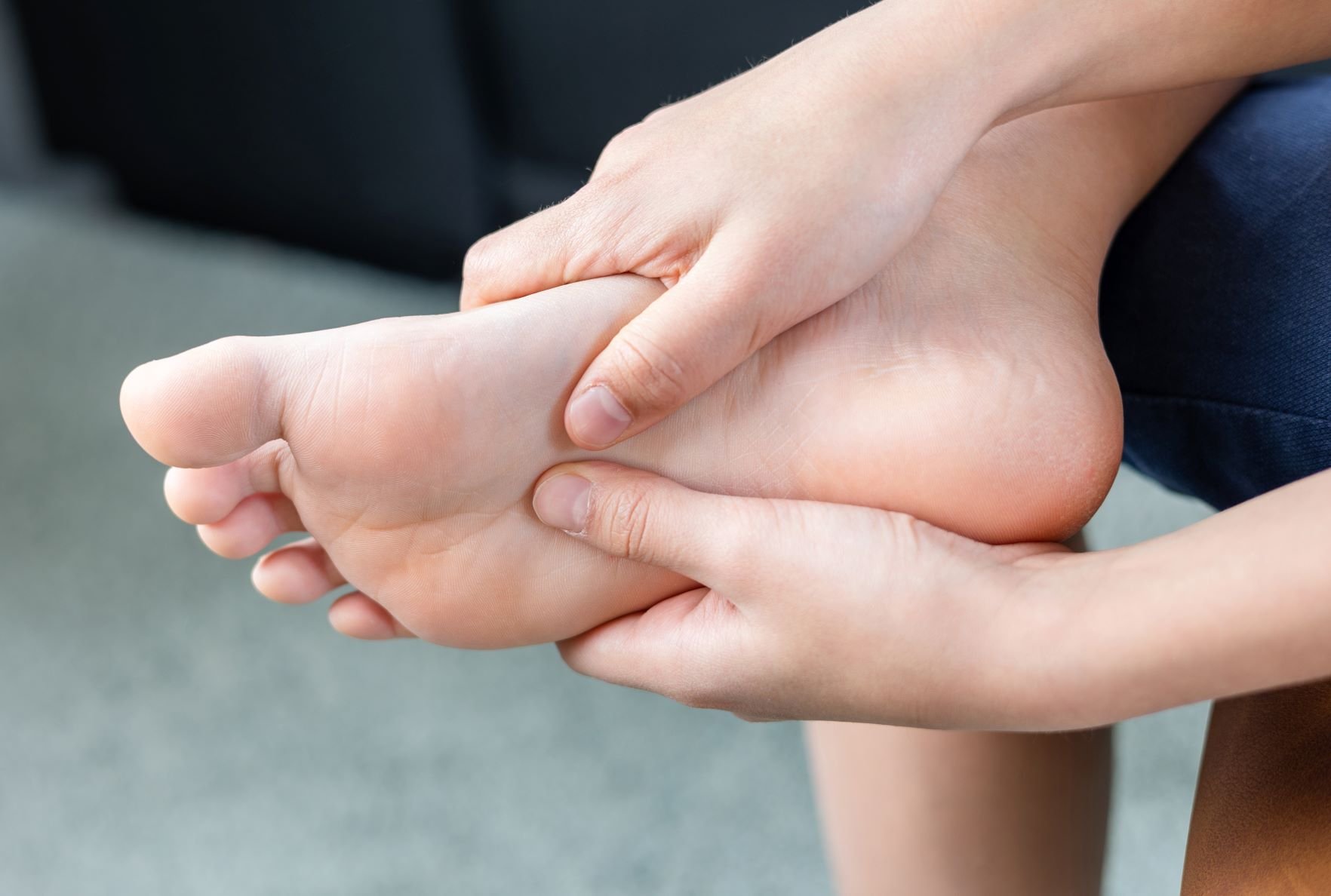Five Common Causes of Foot Arch Pain
Your feet are constantly in motion, carrying you through your everyday activities. It's no wonder that your arches hurt sometimes!
There are many potential causes of foot arch pain. In some cases, the pain may result from an underlying disease. Other times, an injury might be to blame.
In this blog post, we'll discuss some of the most common causes of arch pain and how Dr. Elton and his team at Vail-Summit Orthopaedics & Neurosurgery can help you get back to your favorite mountain activities, pain-free.
1. Arthritis
Arthritis is a common cause of arch pain, especially as we age. Two main types of arthritis affect the feet: osteoarthritis and rheumatoid arthritis.
Osteoarthritis is the most common type of foot arthritis, often developing in people over 50. It occurs when the cartilage that cushions the ends of your bones breaks down over time.
Rheumatoid arthritis is a less common type of foot arthritis that occurs when your body's immune system attacks the tissues around your joints, causing inflammation. Unlike osteoarthritis, rheumatoid arthritis usually affects the same joints on both sides of the body.
Symptoms of foot arthritis include pain, swelling, stiffness, and difficulty moving the affected foot. The pain from foot arthritis often worsens with activity or when standing for long periods of time.
2. Stress Fractures
Commonly seen in athletes who participate in running-intensive sports, a stress fracture is a tiny crack in the bone that occurs when the muscles fatigue and the bones take the brunt of any stress. This most commonly occurs in the metatarsal bones — the five long bones in your forefoot — and results in localized pain that gets worse with activity and better with rest. Learn more.
3. Tendonitis
Tendonitis occurs when the tendons of your foot become inflamed or irritated, often due to overuse or repetitive motions over time, but it can also result from an injury. Pain is usually experienced along the affected tendon and may worsen with physical activity.
4. Flatfoot
Flatfoot is a condition characterized by the collapse of the arch of the foot, which results in the entire sole coming into contact with the ground when standing. Most people don't experience symptoms, but some will develop pain, particularly in the heel or arch area. Learn more.
5. Plantar Fasciitis
The plantar fascia is a thick band of tissue that runs from the heel to the ball of your foot and helps to support your arch. When the plantar fascia is strained from repetitive activities or constant pressure, it can become inflamed and painful. Heel pain is the most common symptom of plantar fasciitis, but some people also experience an aching sensation that radiates through the bottom or arch of the foot. Learn more.
Treatments for Painful Arches
Because there are several possible causes of arch pain, the first step is to see an orthopaedic foot specialist for an accurate diagnosis.
Dr. Elton and his team of foot specialists understand how important staying active is for the outdoor enthusiasts of our mountain communities. They will work with you to diagnose your condition and develop a treatment plan that fits your lifestyle.
Fortunately, the majority of people will find relief from arch pain with conservative treatment methods, including:
Rest or activity modification
Ice for pain and swelling
Over-the-counter medications
Stretches and exercises
Physical therapy
Shoe inserts or orthotics
Injections
In severe cases, or if conservative methods fail to provide adequate relief, surgery may be recommended depending on the condition or injury you're dealing with.
Get Relief From Arch Pain - Contact Team Elton Today!
If you're experiencing symptoms like arch pain, stiffness, or swelling, don't suffer in silence. Dr. Elton and his team of foot specialists will help you get back to a full and active life without arch pain.
With clinics in Edwards, Eagle, and Frisco, it's easy to schedule an appointment at a location and time that works for you!
Call (970) 476-7220 or use Team Elton's online appointment request form.


